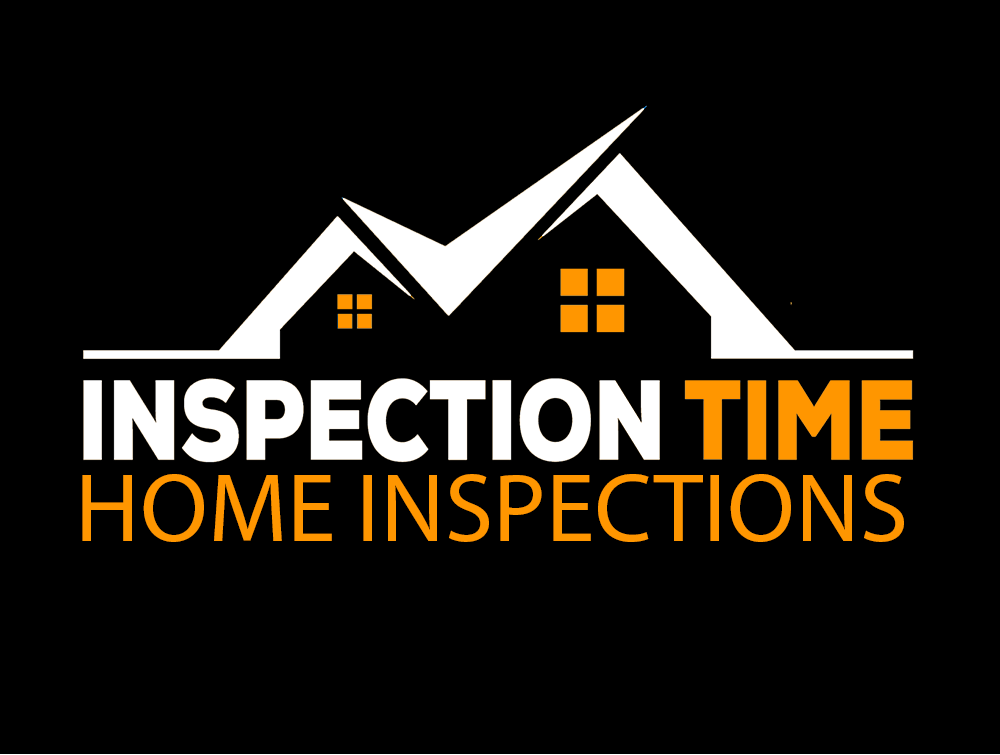By: Inspection Time | Aaron Davis CMI Trec#25498 | Professional Home Inspector

When it comes to buying a home, a thorough inspection is a crucial step in ensuring that you’re making a sound investment. Home inspections can reveal a myriad of issues, ranging from minor repairs to major structural problems. But among all the potential concerns, what is the biggest red flag in a home inspection? The answer: foundation problems.
Understanding Foundation Problems
The foundation is the bedrock of a home. If it has issues, they can affect the entire structure, leading to costly repairs and ongoing maintenance. Here’s why foundation problems are such a significant red flag:
- Structural Integrity: The foundation supports the weight of the entire house. Cracks, shifts, or settling can compromise the structural integrity, leading to walls, floors, and ceilings that are uneven or cracked.
- Expensive Repairs: Fixing foundation issues can be extremely costly. It often involves complex procedures like underpinning, which can run into tens of thousands of dollars.
- Secondary Issues: Foundation problems can lead to a host of secondary issues, such as plumbing leaks, mold growth, and pest infestations. These problems can exacerbate the damage and further increase repair costs.
- Resale Value: A home with foundation issues can be challenging to sell. Potential buyers may be deterred by the prospect of dealing with significant repairs, impacting the home’s marketability and resale value.
Signs of Foundation Problems
During a home inspection, there are several signs that may indicate foundation problems:
- Cracks in Walls and Floors: Vertical, horizontal, or stair-step cracks in walls and floors can signal foundation movement.
- Doors and Windows That Stick: Difficulty in opening or closing doors and windows can indicate shifting or settling of the foundation.
- Uneven Floors: Sloping or sagging floors can be a sign of foundation issues.
- Water Damage: Water pooling around the foundation or in the basement can weaken the foundation over time.
- Separation of Walls from the House: Gaps between walls, ceilings, and floors can indicate significant foundation problems.
What to Do If Foundation Problems are Found
If an inspection reveals foundation issues, it’s essential to proceed with caution:
- Get a Professional Assessment: Hire a structural engineer or a foundation specialist to assess the extent of the damage and recommend solutions.
- Consider the Costs: Obtain estimates for the necessary repairs and factor these into your purchasing decision.
- Negotiate with the Seller: Use the inspection report to negotiate a lower price or request that the seller addresses the foundation issues before closing.
- Evaluate Long-Term Implications: Consider how the foundation problems might affect the home’s value and your long-term plans for the property.
Conclusion
While many issues can arise during a home inspection, foundation problems stand out as the biggest red flag. They can significantly impact the structural integrity, safety, and value of a home. If you’re in the market for a new home, ensure that the foundation is thoroughly inspected and be prepared to take action if problems are found. Your dream home should rest on a solid foundation, both literally and figuratively.
Hashtags and Keywords
Hashtags: #HomeInspection #FoundationProblems #HomeBuyingTips #RealEstate #HomeInspectionRedFlags #HomeMaintenance #StructuralIntegrity #HomeInspectionTips
Google Keywords: Home inspection red flags, foundation problems in home inspection, signs of foundation issues, costly home repairs, structural integrity home, home buying tips, home inspection importance, real estate inspection red flags, foundation repair costs, home resale value foundation issues





7 comments
tlovertonet
I have been browsing online greater than three hours today, but I never found any attention-grabbing article like yours. It is lovely value enough for me. Personally, if all website owners and bloggers made good content as you probably did, the net will be much more helpful than ever before. “No nation was ever ruined by trade.” by Benjamin Franklin.
zoritoler imol
Very interesting information!Perfect just what I was looking for!
Colorado Springs Radon Mitigation
Great article! Identifying the biggest red flag in a home inspection—like foundation issues or major roof damage—is key to protecting your investment. This piece does an excellent job of highlighting what buyers should watch out for and why professional inspections are so valuable.
Indianapolis Radon Mitigation
Great topic! The biggest red flag in a home inspection is often serious structural damage—like foundation cracks or water damage—that can lead to costly repairs and affect the home’s safety. It’s a warning sign to dig deeper before making any decisions.
Radon Columbus Mitigation Expert
Great post! Foundation issues are definitely one of the most serious red flags in a home inspection. They can lead to major structural problems and costly repairs, so it’s essential to spot them early and get a professional opinion before moving forward with a purchase.
Rochester Radon Mitigation
Great post! Major foundation issues and high radon levels are often the biggest red flags—they can cause serious safety concerns and costly repairs.
Fort Collins Radon Mitigation
Great blog! One of the biggest red flags in a home inspection is foundation issues. Cracks, uneven floors, or moisture in the basement can point to serious structural problems. These can be costly to fix and may also increase radon risk—so they shouldn’t be ignored.